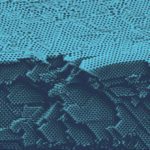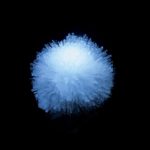About
Mucosal tissue barriers, as the site of ‘first contact’ play an important role in the pathology of several infectious diseases, including tuberculosis (TB), COVID-19 and urinary tract infections. The role of tissue microenvironment in infection outcomes can be difficult to dissect in a mechanistic manner in situ in animal models. For example, the minimum infectious dose in TB can be as low as one, which makes the early stages of infection difficult to study. Yet heterogenous outcomes in the early stages of infection may explain why the proportion of exposed individuals who develop clinical tuberculosis is low. In contrast, severe COVID-19 leads to profound microvascular damage in patients, but the direct role of the vasculature in COVID-19 is difficult to study in vitro, because endothelial cell monoculture models are resistant to direct infection with SARS-CoV-2 and do not develop inflammatory responses. Similarly, the dynamics of invasion of the bladder epithelium by uropathogenic E. coli (UPEC) are difficult to access in vivo. In my talk, I will describe our efforts to develop microphysiological models for infectious diseases, highlight the common challenges as well as tissue and pathogen-specific differences, and showcase the ability of these systems to enable new experiments that would not be possible in vivo.



